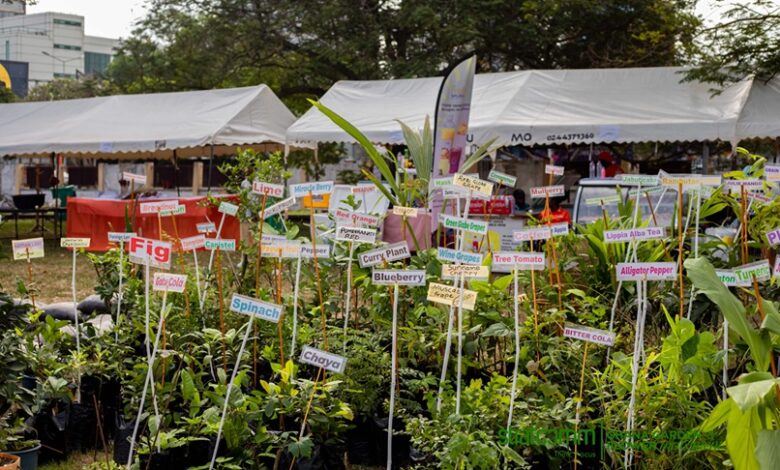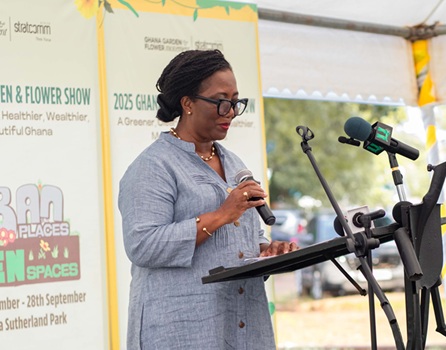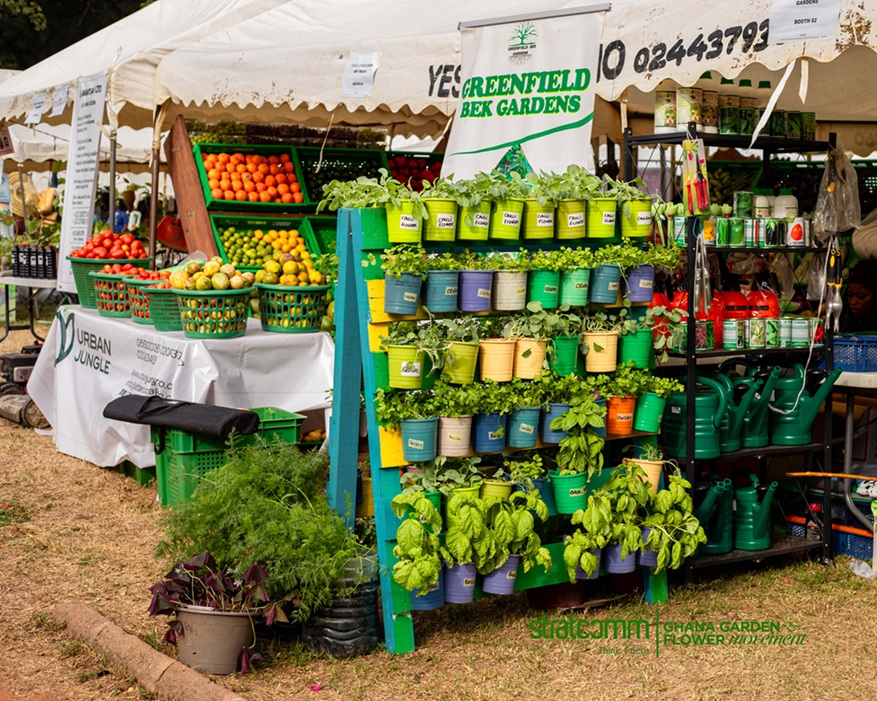Registrar-General Urges Ghana to Scale Up Horticulture for Global Markets

Ghana’s horticulture sector holds significant potential, but its future growth depends on bold action from local entrepreneurs, according to the Registrar-General, Ms Grace Ama Issahaque.

Speaking at the opening of the 13th Ghana Garden and Flower Show organised by Strategic Communications Africa (Stratcom Africa) in Accra, she called on industry players to move beyond small-scale domestic production and target international markets with large-scale, innovative horticulture.
“It is time for our florists to move from growing for a few to growing for continents through innovative breeding practices and tap into the billion-euro markets for agriculture and horticultural products,” she charged.

Opportunities Emerging
Recent trade data points to the possibilities. Ghana’s cut flower exports grew by 6.83 percent in 2024, rising from USD 5.47 million to USD 5.83 million, with European demand driving this growth. Medicinal plant exports also climbed by 12.04 percent, reflecting surging global interest in natural health remedies.
Despite these gains, Ms Issahaque stressed that current earnings remain modest compared to leading exporters, underscoring the need for Ghana to scale up production and leverage its competitive advantages.
Backing Innovation with Legal Tools
She highlighted the role of the Plant Variety Protection Act, which grants breeders exclusive rights to new plant varieties for up to 25 years. Aligned with the UPOV 1991 Convention, the law incentivizes innovation, secures investments, and opens the door to licensing opportunities abroad.
“Plant breeding is a long and expensive process, but with protection in place, breeders can recover investments, license their work, and compete globally,” she said.
Value Beyond Exports
Ms Issahaque also noted that horticulture is vital for Ghana’s urban future. Expanding cities, she explained, make green spaces critical for public health, environmental balance, and quality of life. The 2025 show, themed “Urban Places, Green Spaces,” highlights how horticulture can support both social and economic progress.
A Call to Action
Drawing lessons from Kenya and the Netherlands, where horticulture generates billions annually and supports thousands of jobs, she urged Ghanaian entrepreneurs to embrace scale, innovation, and global ambition.
“With the right structures in place, Ghana can transform its horticulture from backyard gardens into a strong global competitor,” she concluded.




